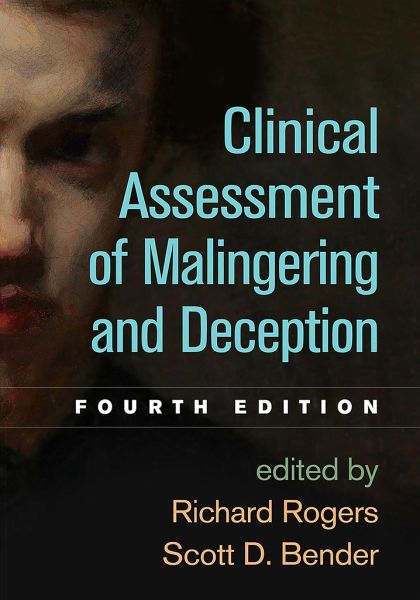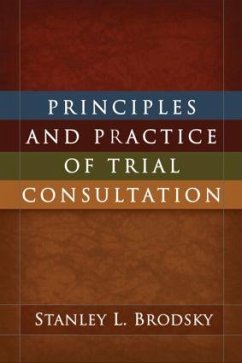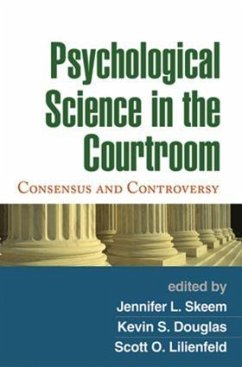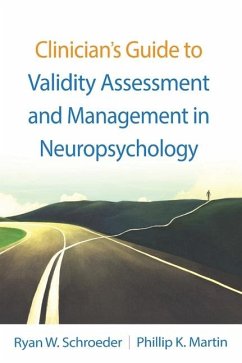
Clinical Assessment of Malingering and Deception

PAYBACK Punkte
41 °P sammeln!
Widely used by practitioners, researchers, and students--and now thoroughly revised with 70% new material--this is the most authoritative, comprehensive book on malingering and other response styles. Leading experts translate state-of-the-art research into clear, usable strategies for detecting intentional distortions in a wide range of psychological and psychiatric evaluation contexts, including forensic settings. The book examines dissimulation across multiple domains: mental disorders, cognitive impairments, and medical complaints. It describes and critically evaluates evidence-based applic...
Widely used by practitioners, researchers, and students--and now thoroughly revised with 70% new material--this is the most authoritative, comprehensive book on malingering and other response styles. Leading experts translate state-of-the-art research into clear, usable strategies for detecting intentional distortions in a wide range of psychological and psychiatric evaluation contexts, including forensic settings. The book examines dissimulation across multiple domains: mental disorders, cognitive impairments, and medical complaints. It describes and critically evaluates evidence-based applications of multiscale inventories, other psychological measures, and specialized methods.













